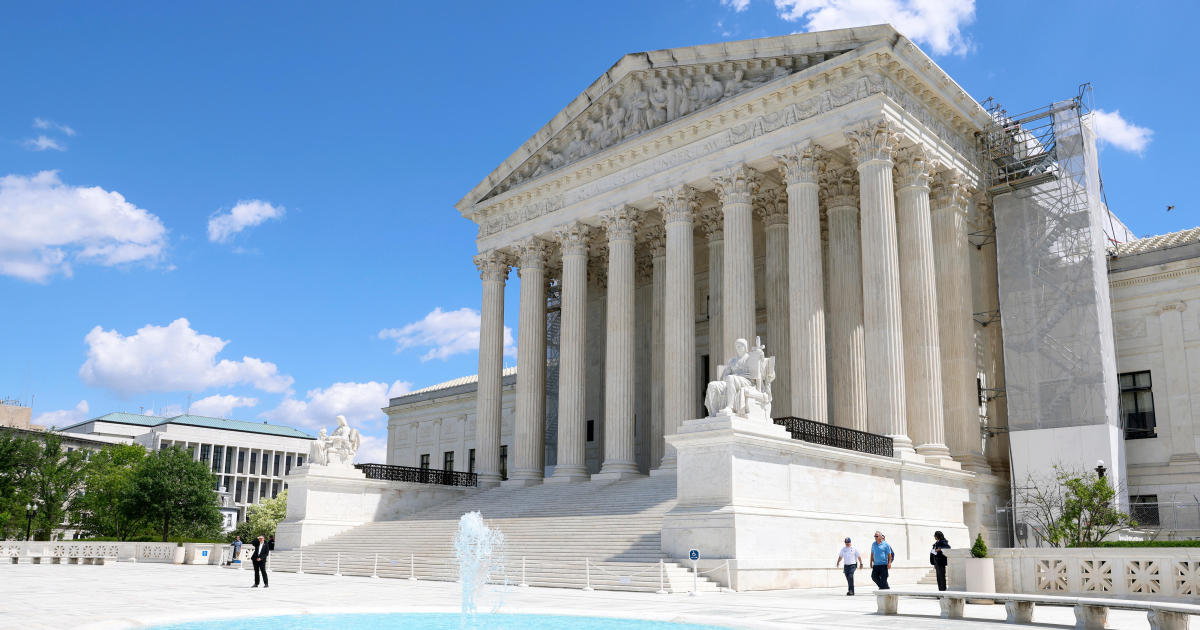Despite Abu Bakr al-Baghdadi's death, ISIS is still very much alive
A Sunday raid by U.S. commandos in northwestern Syria ended a yearslong manhunt for Abu Bakr al-Baghdadi, the most wanted terrorist in the world. President Trump said the longtime leader of ISIS killed himself during the attack on his location. U.S. Special Forces collected highly sensitive information at the scene, including future plans for ISIS, and took some of al-Baghdadi's associates prisoner.
As CBS News correspondent Holly Williams reports, at the very least, this is a symbolic blow to ISIS because this is the man who stood up in a mosque five years ago in Iraq and declared himself the caliph, or leader, of his so-called Islamic state.
After splitting from al Qaeda, he led ISIS to the peak of its violent rampage – ruling over an estimated 10 million people at one point, enslaving women, carrying out gruesome executions, and exporting its terror to Europe and the U.S.
But ISIS was never about one man. It is an ideology, an extreme, and violent interpretation of Islam. Some say it is a perversion of Islam. That ideology doesn't end with al-Baghdadi or with ISIS. Other jihadist groups have replaced their leaders quickly when they've been killed – and ISIS will no doubt do the same.
But it's still a setback, according to CBS News senior national security contributor and former acting CIA director Michael Morell. Morell was CIA deputy director when Osama bin Laden was killed in a U.S. raid in Pakistan. "History has shown us… that when you take a terrorist leader off the battle field, it takes a while for the replacement to find their way, to learn the job," he said on "CBS This Morning," adding, "Most important, it sends a message to all the leadership that they're at risk, and they start worrying more about their own security than they do about running their group and thinking about operations."
One potential successor is Abu Abdullah Qardash, who like al-Baghdadi, apparently also spent time in an Iraqi prison camp after the U.S. invasion in 2003, a camp that became an incubator for jihadis.
But CBS News senior national security analyst Fran Townsend, who was a homeland security and counterterrorism adviser for President George W. Bush, said al-Baghdadi will be hard to replace. "Remember [Osama] bin Laden talked about this national caliphate that one day would be established. Baghdadi actually did it. And so this inspiration leadership, the actual establishment of a physical caliphate was a big deal in the movement," Townsend said.
Mr. Trump said Sunday that al-Baghdadi's caliphate has been "obliterated." It's true ISIS lost its last remaining patch of territory back in March, but the Pentagon's watchdog says ISIS still has up to 18,000 members in Iraq and Syria. And in eastern Syria – that's the area from which the president ordered U.S. forces to withdraw this month – Kurdish forces say they're holding around 12,000 accused ISIS fighters.
A U.S. general described those prisoners to CBS News last month as a contained fighting force. So al-Baghdadi is dead, but ISIS is still very much alive.



